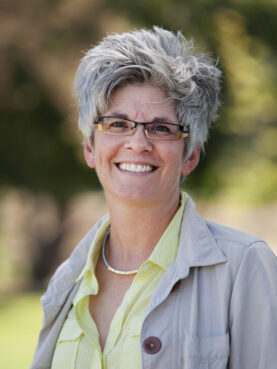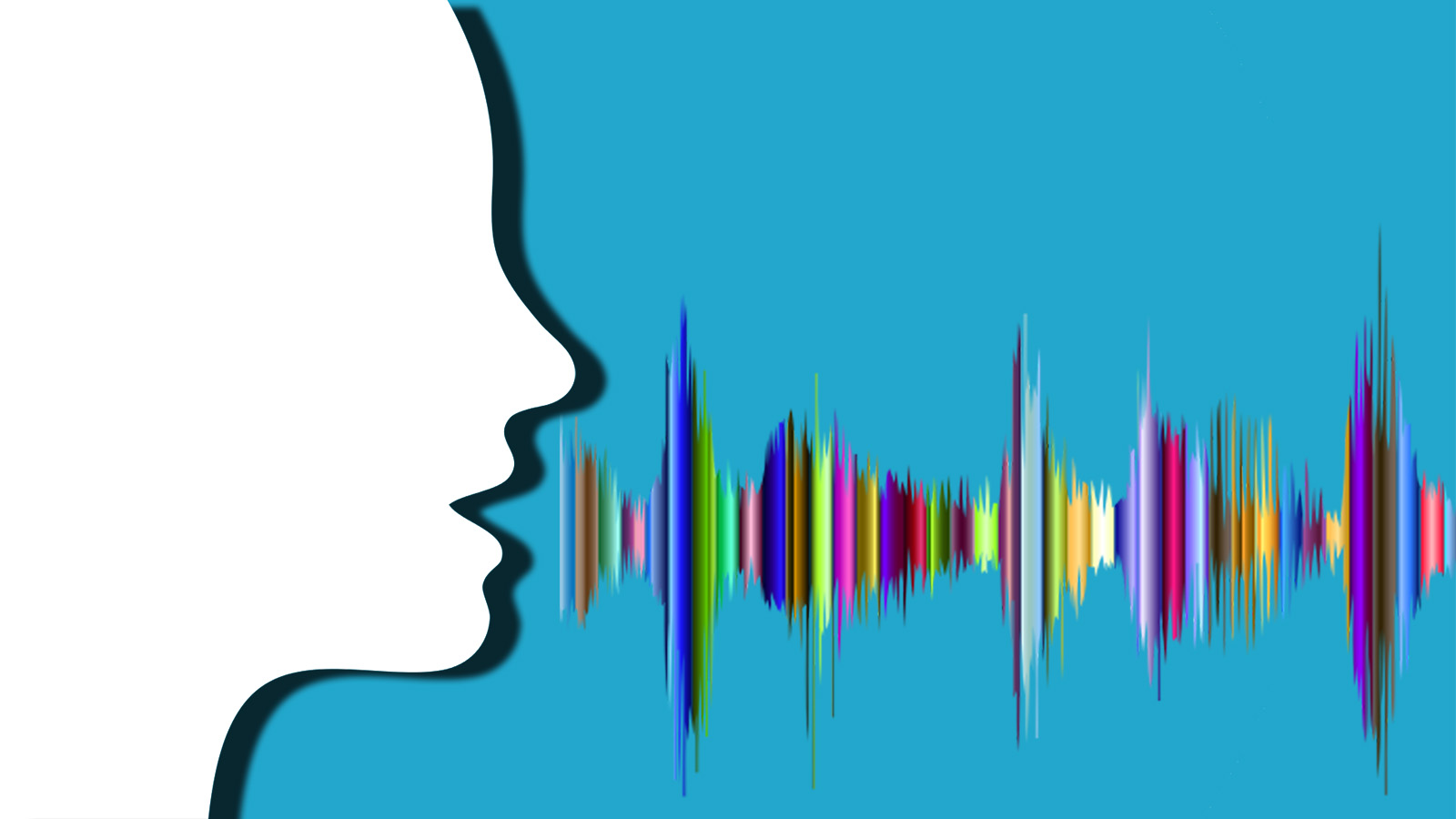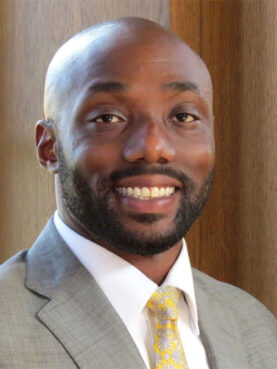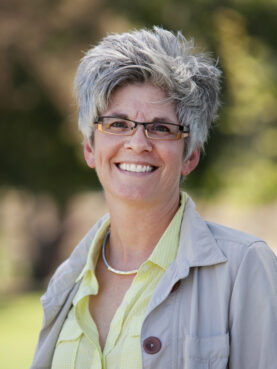
(RNS) — This summer, Mark Andrew Jefferson, who was leading a teaching workshop at Princeton Theological Seminary, prompted ChatGPT to write a homily based on the Gospel of Luke’s parable of the good Samaritan. For good measure, he ordered the artificial intelligence engine to mimic the style of the late, legendary evangelist Billy Graham.
When Jefferson showed the results to the students in his workshop, they were split on the possibilities of AI-generated sermons. Some were enthusiastic, others ambivalent but curious. Yet others were concerned about what it might spell for their future livelihood as preachers: As do many people in any number of vocations, they feared that AI will render humans dispensable.
“Students were excited because we helped them to do some of the work necessary, but also some of them were dismayed because some of them felt like technology was going to do their job for them,” said Jefferson, who teaches homiletics — the art of preaching — at Howard University’s School of Divinity and is CEO of a preaching and leadership consultancy called Maleko Global.
Across the United States, seminaries are contending with the possibilities of AI for clergy and churches. Many, such as United Lutheran Seminary in Philadelphia and Howard’s School of Divinity, are in the beginning stages of discussing how AI will factor into their curricula and crafting policies for their students’ educations. From divinity school hallways to organized seminars to governing bodies such as the Association of Theological Schools and the Academy of Homiletics, professors are chatting about what AI means their students.
The Rev. Shauna Hannan. (Photo courtesy California Lutheran University)
AI’s success in religious contexts so far has been mixed. In April of this year, Catholic Answers, an advocacy group, launched “Father Justin,” an AI-driven chatbot designed to explain church doctrine to curious users. The bot has since been “defrocked” after suggesting that babies could be baptized in Gatorade, among other gaffes. AskCathy, created by the Episcopal Church in partnership with TryTank Research Institute, sticks to basic questions about that denomination and helps users find digital resources.
But most seminary professors acknowledge that their students’ toolboxes will inevitably include AI. The Rev. Shauna Hannan, a professor at the graduate school of California Lutheran University, dismisses “the fear is that technology will sort of take over the need for humans,” pointing out that there are many duties of clergy that can’t be replicated by AI. “I don’t think, in a kind of relationship-centered vocation like ministry, that technology will replace the human-to-human interaction,” she said.
Hannan looks at AI as “a tool, in the way that you might mention Gutenberg printing press in the 16th century that Martin Luther used.” In that spirit, she said, “I would love to hear from my students ways that they would like to use ChatGPT to help that creative process as a kind of collaborative one.”
At the Academy for Jewish Religion, in Yonkers, New York, rabbinical students taking a required Jewish law and science course will discuss AI and other new technologies, according to Rabbi Matthew Goldstone. However, Goldstone said, “While the productive use of AI for sermon writing (and) locating answers to Jewish questions can enhance what students are able to achieve, the fundamentally personal nature of translating the teachings for those communities is still really essential,” said Goldstone.

(RNS illustration/Kit Doyle)
When it comes to sitting down to write a sermon, said the Rev. Karyn Wiseman, who is on the education and technology committee at United Lutheran Seminary, generative AI can be a brainstorming partner, but beyond that, the nuances get tricky. Since the source of AI’s output is the work of other authors, she noted, plagiarism is a major concern.
“Do I cut and paste? Is it an inspiration? It all gets so fuzzy,” Wiseman said. “How do we say that the integrity of your work is your own? It’s an amazing resource, but it can’t be the bulk of your work.”
Students of Frederick Ware, at Howard’s School of Divinity, will be reading a textbook this semester that will help them think through the capabilities of AI from a theological perspective. Then, Ware said, they will experiment with AI for themselves. “What does it produce? What are its capabilities?” said Ware.

Tisa Wenger. (Photo courtesy Yale)
Other professors also seem to think the best route is to give students experience with AI programs, along with guidance on how it can be helpful and how it can get facts wrong.
Tisa Wenger, a professor of American religious history at Yale Divinity School, had her students prompt ChatGPT to write a sermon in the language of Joranna Lee, a 19th-century preacher in the AME Church, then critique the output. Wenger found the exercise was good for teaching the limitations of ChatGPT more than its benefits, and for testing the students’ knowledge of the material for all the details ChatGPT did not include or got wrong.
“Students really loved that exercise, and they really did a great job of unpacking them. In fact, we felt like their resulting papers were more creative,” said Wenger. “We’ve now done that for three years in a row.”
In many traditions, clergy are already considered to have a writing partner in the Holy Spirit. If AI is helping out, is there still space for the Spirit to move the preacher as it pleases?

Mark Andrew Jefferson. (Courtesy photo)
Yes, said several homiletics professors. “I think the Spirit can move through the sermon crafting process. If AI is one conversation partner among many (and not used simply to spit out a sermon), I suspect the Spirit can move through preachers who are engaging the tool,” said Hannan. Whether the Spirit can inspire AI directly, she said, is questionable.
Jefferson believes that while the Spirit may move through AI, preachers must consider the biases of AI’s source material as they engage with it. “The literature around AI and race, gender and the criminal justice system attests that these tools are not neutral. So I recommend the preacher examine themselves as they engage these tools.”
As AI makes its way into all corners of society, including the church, “I think we want to be cautious,” said Hannan. “But I don’t fear using whatever is out there for good, as long as it is for good, and it’s not a good for a small group of people. But how is it good for all living beings?”

